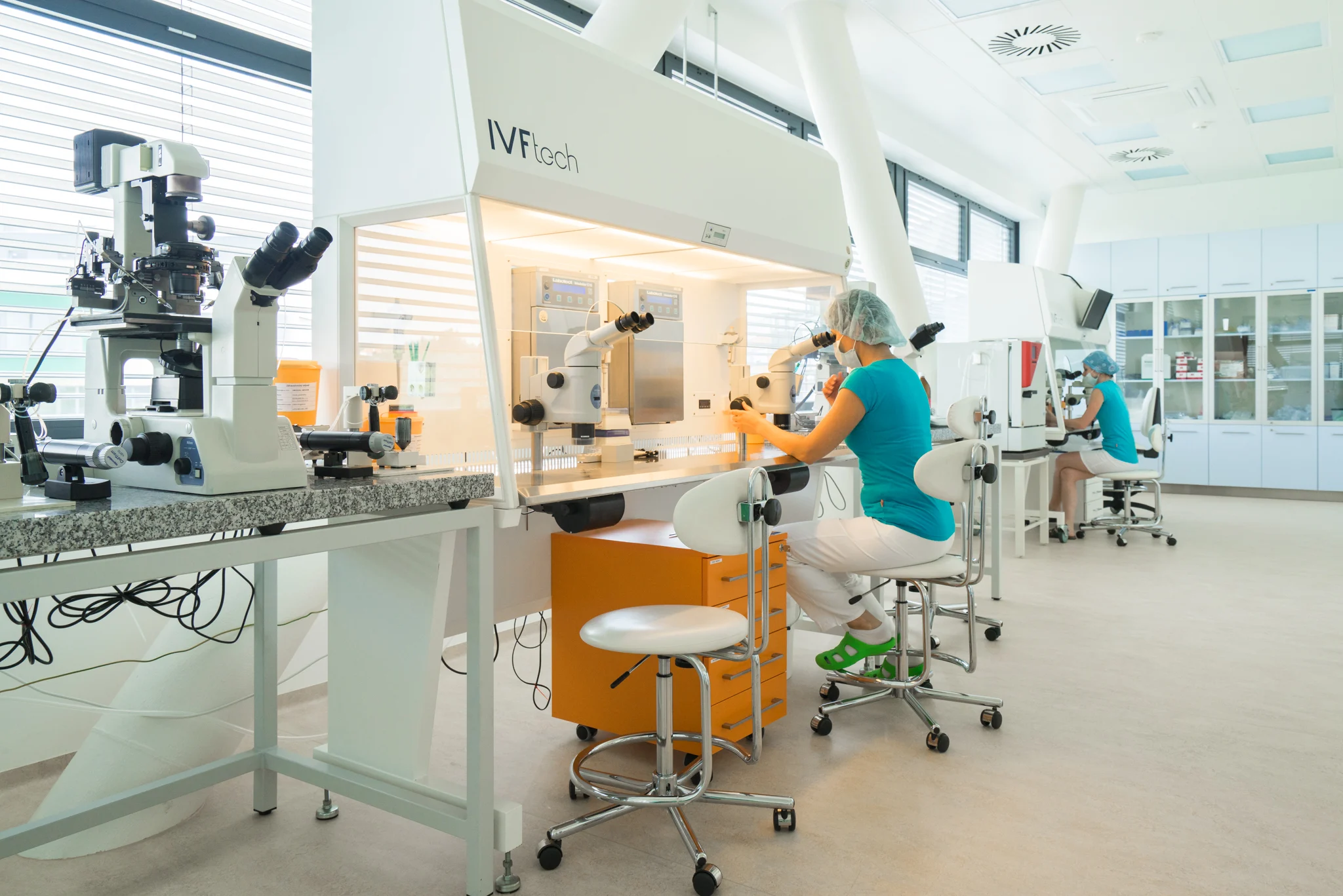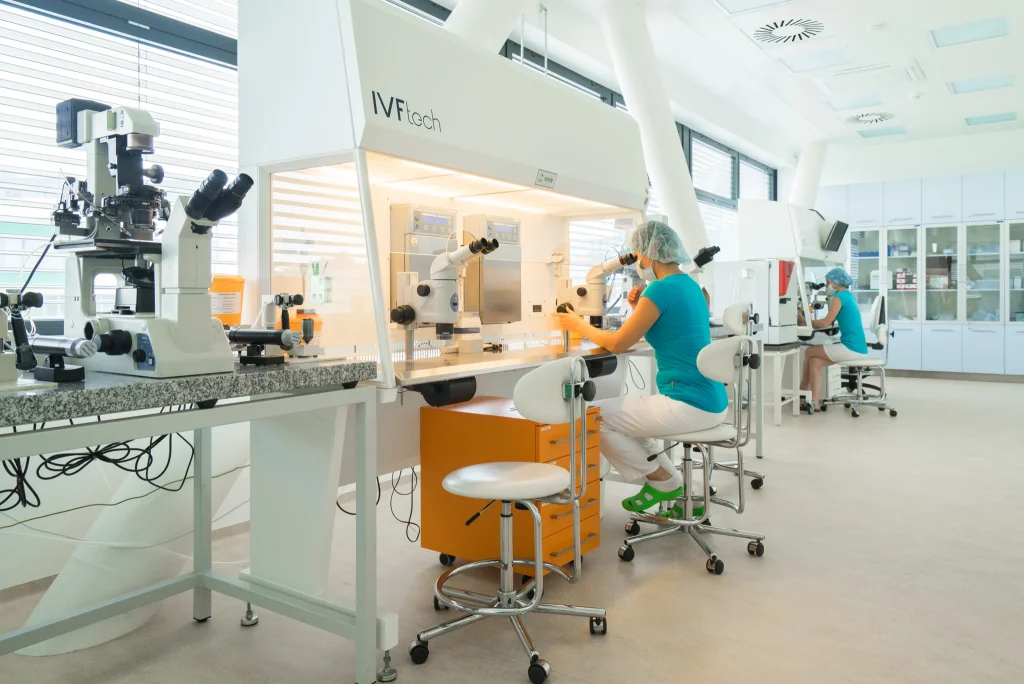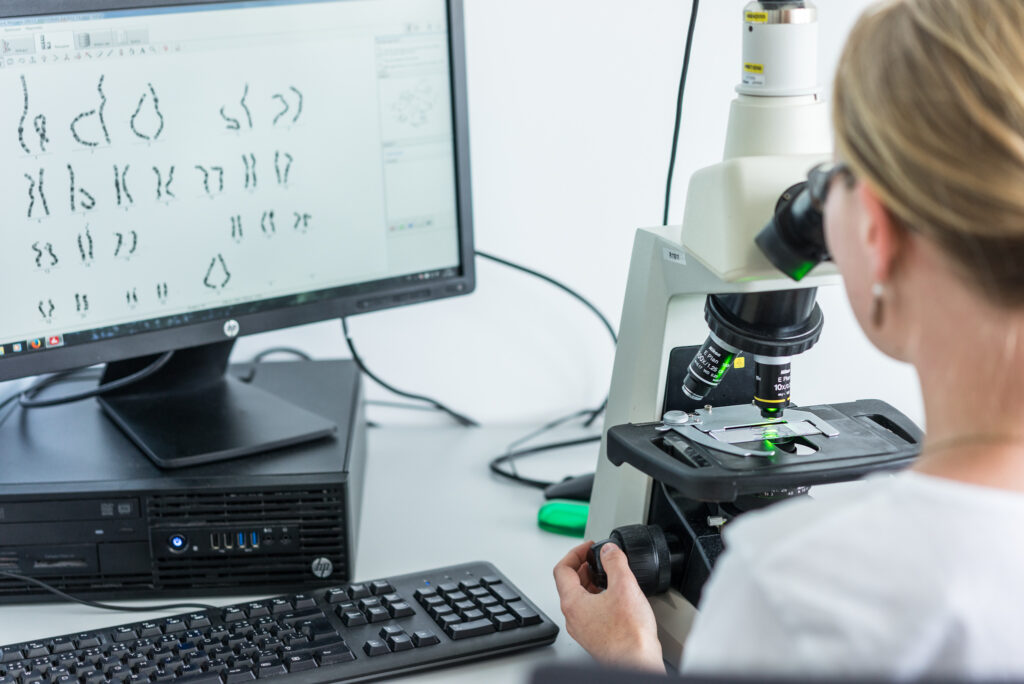The journey of infertility treatment experienced a pivotal moment with the advent of in vitro fertilization (IVF), a groundbreaking technique developed by two British scientists. This innovation led to the birth of Louise Brown in 1978, marking her as the first IVF baby. Her parents had faced a challenging nine-year period of infertility before this success. When doctors identified blocked fallopian tubes as the issue, they included the couple in their experimental research. The process involved retrieving eggs from Lesley Brown, fertilizing them with her husband’s sperm, and successfully implanting the embryo.
The Czech Contribution: Advancing IVF in the Eastern Bloc
Parallel to these developments, Czech scientists were making significant strides in IVF. Despite the lack of literature and specialized equipment, they embarked on IVF procedures in a Brno hospital. “At that time, no literature concerning human embryos was available, nor were materials needed for egg retrieval or special devices. We had to make everything ourselves,” explains Professor Trávník, who has worked at Repromeda since its inception.
The first egg transfer attempt by Czechoslovak doctors in 1981 did not result in pregnancy, but it laid the groundwork for future successes. “Just four years after the world’s first IVF baby, we helped the first child of assisted reproduction come into the world not only in the Czech Republic but in all of Central and Eastern Europe,” Professor Trávník adds, reflecting on the significant progress made since then.

Breakthroughs in Genetic Testing: The Future of Assisted Reproduction
The early 21st century saw new methods enhancing the success rates of infertility treatments. Notable advancements included the ICSI fertilization method and extended embryo cultivation. However, the introduction of preimplantation genetic testing marked a monumental shift. This technique helps identify hidden congenital defects in embryos, revealing genetic errors that could cause serious diseases or miscarriages. REPROMEDA pioneered the implementation of this method in Central and Eastern Europe.
Prevention is crucial in this regard. IVF clinics have been recommending genetic testing to their patients before attempting conception for a long time. ‘Currently, it is appropriate to consider its widespread implementation in the entire population. Preventive testing would timely reveal carriers of many serious diseases, and people would not have to experience painful moments when a fatally ill or severely disabled child is born to two healthy individuals,’ explains MUDr. Kateřina Veselá, director of Repromeda. The American College of Medical Genetics (ACMG) also recommends testing for everyone planning conception. Testing would lead not only to a healthier population but would also save expenses from health insurance. Most hereditary diseases, which are either incurable or only treatable through a very difficult process, fall among the so-called most expensive diagnoses, as a single dose of a drug costs tens of millions of crowns, and often only alleviates some symptoms.



